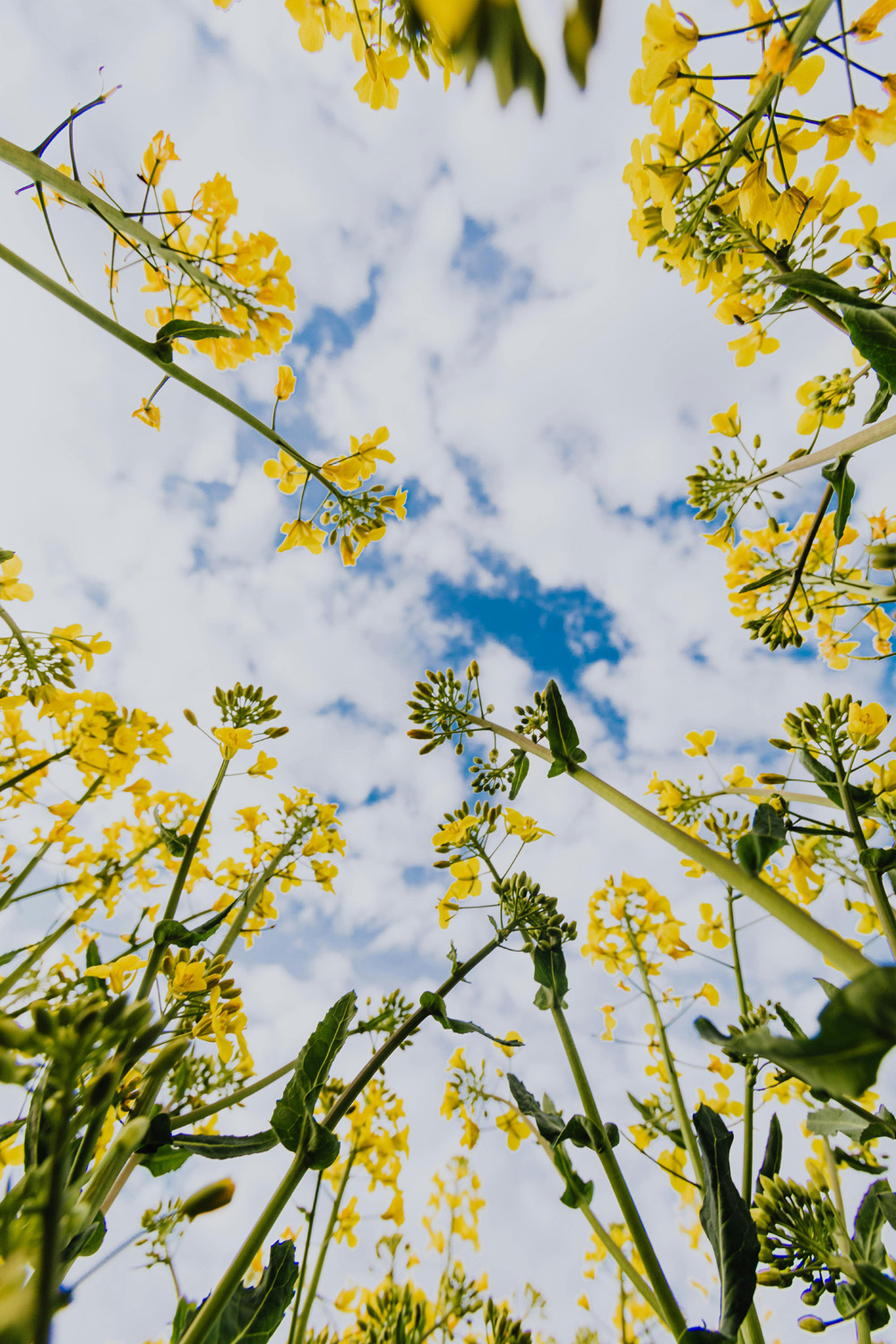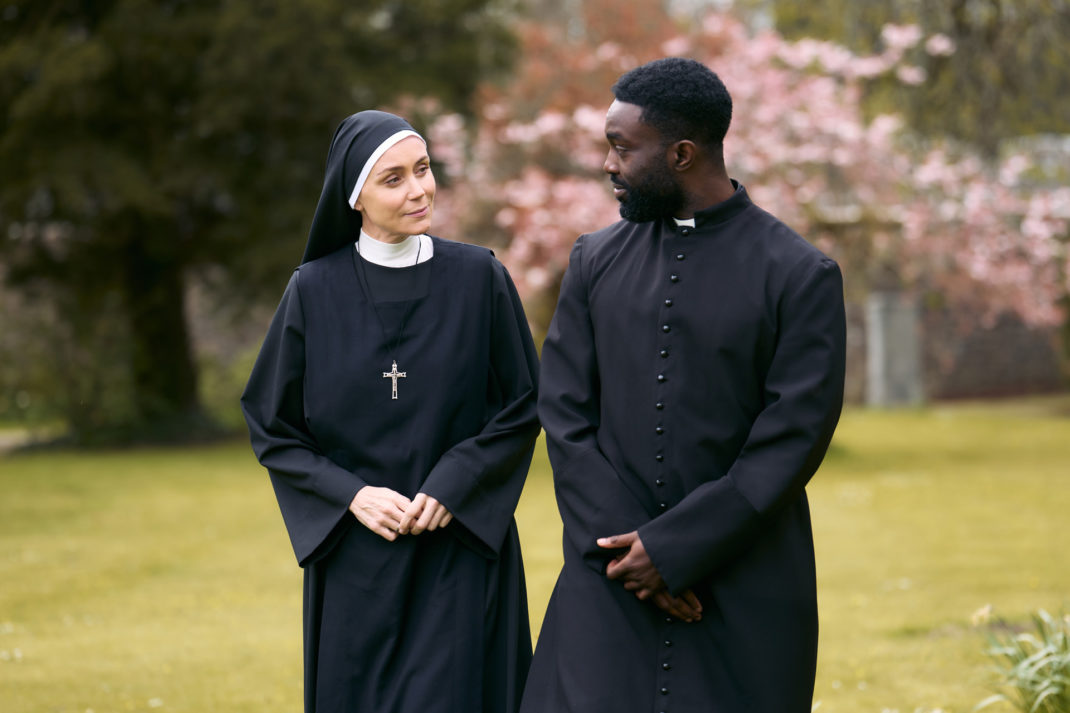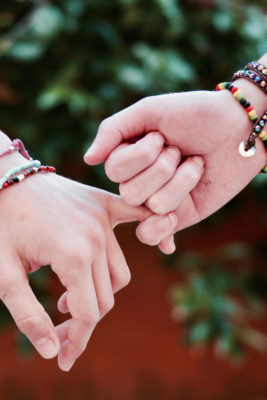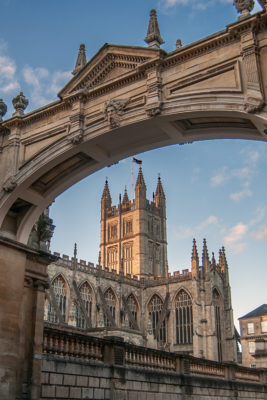
What Is The International Day Of Peace?
By
8 months ago
Observed on 21 September
Since 1982, the United Nations has observed the International Day of Peace every September, striving for global peace and an end to war. Here’s everything you need to know about the day.
What Is The International Day Of Peace?
The International Day of Peace is an annual United Nations-sanctioned day aiming to reduce violence and strengthen the ideals of peace globally. Also known as World Peace Day or International Peace Day, the day was first declared in 1981 (and first observed in 1982) in a resolution supported by the UK and Costa Rica with the ideal of peace – specifically an absence of war and violence – at its core.
The Day celebrates the power of global solidarity in forging a peaceful and sustainable world. ‘This has never been so important at a time of unprecedented challenges,’ a UN statement reads. ‘New forces of division have emerged, spreading hatred and intolerance. Terrorism is fuelling violence, while violent extremism seeks to poison the minds of the vulnerable and young. In the poorest and least-developed parts of the world, climate-related natural disasters are compounding existing fragility, increasing forced migration and heightening the risk of violence.
‘The barriers to peace are complex and steep – no one country can solve them alone,’ the statement continues. ‘Doing so requires new forms of solidarity and joint action, starting as early as possible.’
To observe the Day of Peace, the UN recommends training, research and education regarding human rights, peaceful relations, good governance, Holocaust remembrance, the prevention of conflict and peace building. ‘Being responsible for peace means acting to overcome the flaws and injustices which continue to prevent us from achieving an egalitarian world,’ says Audrey Azoulay, director general of UNESCO. ‘Because a planet eroded by division is a planet which knows no peace.’
Find more information and resources at unesco.org
When Is It?
The International Day of Peace is observed annually on 21 September.
What Does It Mean For Ongoing War?
Since 2001, the International Day of Peace has been a designated day for non-violence and cease-fire. In 2023, a ceasefire agreement was reached just before Peace Day on 20 September, ending the Azerbaijani military offensive against the self-proclaimed ethnic Armenian Republic of Artsakh in Nagorno-Karabakh.
The ceasefire element of Peace Day was voted for unanimously by the General Assembly in 2001. This was the year of 9/11, which took place on the same day the General Assembly reopened: 11 September 2001. This is also when the International Day of Peace was agreed to take place on 21 September annually, as opposed to the third Tuesday of September, as was the case previously.
What Is The Theme?
Every year, the International Day of Peace is given a theme; in 2024, the theme is ‘Cultivating a Culture of Peace’, and the Day will mark the 25th anniversary of the adoption of the Declaration and Programme of Action on a Culture of Peace. In that declaration, it was recognised that peace is ‘not only the absence of conflict, but also requires a positive, dynamic participatory process where dialogue is encouraged and conflicts are solved in a spirit of mutual understanding and cooperation’. In 1999, the UN laid out the requirements for a culture of peace. They are:
- Respect for life
- Human rights and fundamental freedoms
- The promotion of non-violence through education, dialogue and cooperation
- Commitment to peaceful settlement of conflicts
- Adherence to freedom, justice, democracy, tolerance, solidarity, cooperation, pluralism, cultural diversity, dialogue and understanding at all levels of society and among nations.
Previous themes in recent years include ‘Action for Peace: Our Ambition for the #GlobalGoals’ (2023), ‘End Racism. Build Peace.’ (2022), ‘Recovering Better for an Equitable and Sustainable World’ (2021) and ‘Shaping Peace Together’ (2020).







